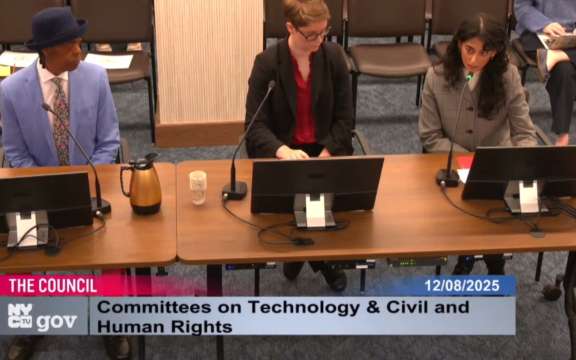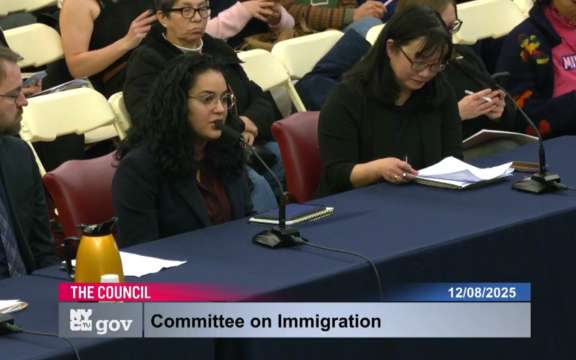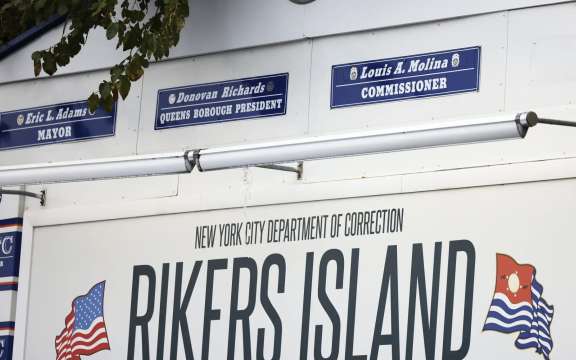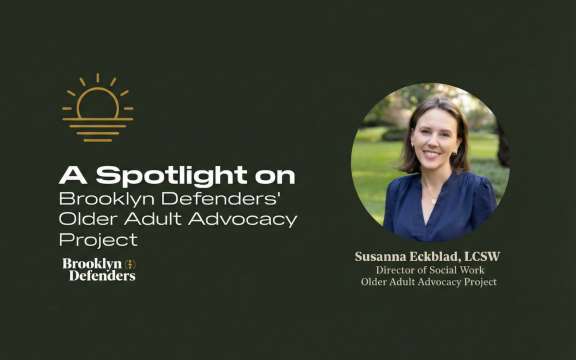The New Yorker: Do Children Have a “Right to Hug” Their Parents?
The New Yorker investigates why hundreds of jails across the country have ended in-person visits and replaced them with video calls run by for-profit companies, and speaks with families who are fighting to see their incarcerated loved ones in-person in a pair of lawsuits in Michigan.
Elizabeth Daniel Vasquez, Director of Brooklyn Defenders' Science and Surveillance Project, and Lucas Marquez, Director of Brooklyn Defenders' Civil Rights and Law Reform, spoke with Sarah Stillman about the harmful surveillance technologies and mass data-gathering deployed by jail and prison telecommunications companies:
Dozens of smaller companies were consolidated into two national juggernauts: GTL, which is backed by the private-equity firm American Securities, and Securus. “The American prison-communications market was appealing to private equity, in part because prisons and jails are recession-proof,” Elizabeth Daniel Vasquez, the director of the Science and Surveillance Project at Brooklyn Defender Services, told me. Various players within the industry experimented with monetizing nearly every aspect of incarcerated people’s daily lives, charging five cents a minute to read books on tablets, selling digital “stamps” required to send messages to people on the outside, and imposing steep fees on family members who sent funds for the commissary. Companies also began offering digital surveillance services that had soared in popularity after 9/11, including facial-recognition software for video calls and voice-identification technology
Lucas Marquez, a civil-rights advocate with Brooklyn Defender Services, recently testified that these new digital surveillance tools, which sometimes retain data indefinitely, have the effect of punishing communities of color for not being able to pay bail. “If a person could afford bail and was not held in our city jails, law enforcement could only eavesdrop on that person’s communications with a specifically issued warrant,” Marquez told a New York City Council committee last year. On April 15th, Brooklyn Defender Services and several other groups, including the Bronx Defenders, filed suit against the New York City Department of Correction, alleging that it operates, with Securus, “a mass surveillance project primarily targeting Black, brown, and low-income New Yorkers.”



